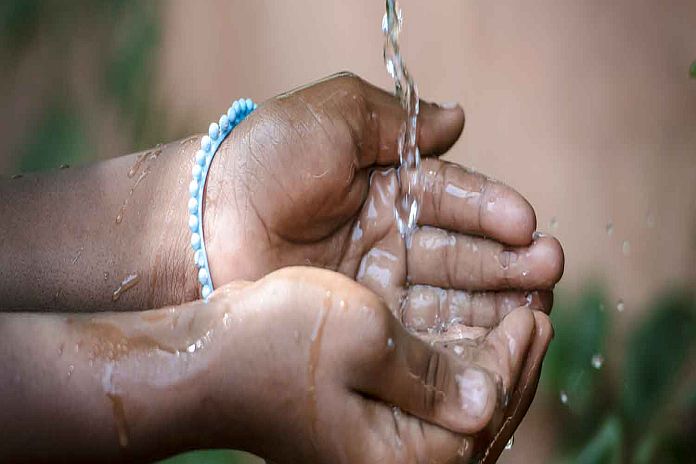COTE D’LVOIRE, West Africa – The board of directors of the African Development Bank Group has approved a new policy on water, prioritizing water security and the transformation of water assets to foster sustainable, green and inclusive economic growth in regional member countries.
“This new policy on water provides a general framework for the African Development Bank Group to expand its role as the continent’s partner promoting the integrated development and management of Africa’s water sector for inclusive and sustainable growth in Africa,” said Atsuko Toda, the bank’s acting vice president for agriculture, human and social development.
The policy aims to promote Africa-wide attainment of a minimum platform of water security, with a special focus on areas of fragility, as well as assist African countries and sub-regional groups harness and sustain water resources productivity potential to support development.
The new Water Policy is anchored around four principles:
Principle 1: Attaining water security at household, national and regional levels should be recognised as a key outcome fundamental for inclusive growth. The Bank seeks to promote the attainment of water security in all its regional member countries and sub-regions.
Principle 2: Equitable social welfare and economic growth. The Bank will continue to advocate for an integrated approach to water development and management by striking a sustainable balance in the social, economic and environmental spheres.
Principle 3: Promoting sustainable and equitable access to water services as an enabler for the Sustainable Development Goals.
Water is a key enabler for many of the United Nations Sustainable Development Goals, the bank considers water to be essential for life, health, dignity, empowerment, environmental sustainability, peace and prosperity. The new policy aims to vigorously promote water security to advance the SDGs agenda.
Principle 4: Transboundary water resources management and development should be recognised as a significant requirement to achieve seamless regional economic integration. The bank will actively seek to use the transboundary nature of water to enhance regional integration and promote conflict resolution.
In its assessment of the policy, the bank’s board commended the bank’s water, policy and strategy departments for leading the policy-preparation process.
“That the bank’s board noted the new policy is a best practice for excellence in quality, selectivity and degree of consultation. The Board’s acknowledgement will add to our motivation to see the policy diligently implemented,” said Osward Chanda, officer in charge for the bank’s water development and sanitation department. “We are grateful for the inputs and perspectives provided by bank departments that are part of the water ecosystem, which helped shape this Water Policy,” he added.
The bank will establish an internal coordination mechanism for water-related interventions to be overseen by a committee with adequate capacity, resources and appropriate skills.
Since 2010, the African Development Bank has invested an estimated $6.2 billion in water supply and sanitation services delivery.
COVID-19 has exposed vulnerabilities caused by under-investment in water, sanitation and hygiene services, also known as WASH. Despite these challenges, the active water sector portfolio stood at $4.3 billion, comprised of nearly one hundred national projects implemented in 40 countries, and six multinational projects.





